Tawanda Majoni
Just recently, former South African president, Jacob Zuma, walked into the Estcourt Correctional Centre close to his rural Nkandla kraal to serve a 15-month jail sentenced after having been convicted of contempt of court for severally failing—to read refusing—to appear before a commission investigating multi-billion corruption scandals in which he is being named as a central player.
Initially, he had vowed that he would not go to jail, accusing some justices at the country’s constitutional court of waging a personal war against him. At that time, he had holed himself up in his Nkandla homestead. That place is a breath-taking palace built along Zulu tradition and with, no doubt, ill-gotten money.
As he wined and dined inside the palatial home and hosted high-profile guests, his sympathisers—thousands of them—were toyi-toying outside and formed a human wall against law enforcers who were likely to come and drag him out. The loyalists included hundreds of ANC veterans of the war against apartheid who wore military fatigue and threatened anyone who would dare touch Msholozi, a popular nickname for Zuma, uBaba kaDuduzane.
A few hours before the deadline for him to surrender himself to justice, a defiant Zuma, after what looked like a string of meetings with God-knows-who, slipped out of his beloved Nkandla and went straight to EstCourt prison to start serving his term. After that, all hell broke loose. As Msholozi was fitting on the orange prison garb, people in KwaZulu Natal started what then appeared like spontaneous riots.
The riots quickly spread to the Gauteng province. Property was destroyed, shops were looted and, by now, close to 100 people have died in the protests. President Cyril Ramaphosa was forced to deploy the army to quell the riots that he, up to now, believes were organised along ethnic lines. A modest way to say powerful Zulu people planned and executed the riots, especially through social media. In the few days between Msholozi’s surrender to Estcourt and now, the South African economy has suffered a multi-billion loss through wanton destruction of property and infrastructure, looting, disruption of services and, most probably, stock market shivers.
Here is the thing. The majority of the people who started the protests seemed to be convinced that Zuma was being persecuted by his political enemies. Many of who subsequently joined the looting in particular didn’t and don’t care if Msholozi has enemies or not. They just wanted to lay their hands on that unattended flat-screen TV, crates of beers or dressed cow carcasses.
Let’s not miss the point though. The blame lies mostly with the organisers of the pro-Zuma protests. They were the ones who torched the veld and then gave space to greedy looters, foreigners who would love to kick Zuma in the wrong place among them. But then, who in current civilisation would like to torch the veld and still protest his or her innocence?
One political analyst seems to have nailed it when he appeared on air to unpack the growing Zuma-based tension in KZN and Gauteng. Paraphrased, this is what he said: “The problem with successive ANC governments is that they have tended to neglect giving proper education to the people. That’s the reason why Zuma’s sympathisers are now failing to draw a line between politics and the justice system.”
Spot on. The Zuma admirers must have known that their hero’s—or “martyr’s”—fate must be decided by the courts. South Africa still has a constitution and laws. They had no business violently barring law enforcers from taking their hero to jail. Doing so was/is tantamount to anarchy. As long as the law exists, it must be observed. It doesn’t matter that, in quite a number of cases, the law is an ass.
It seemed it never occurred to the admirers what slippery precedent it would have set if Msholozi had completely refused to leave Nkandla. The authorities would never have sat back and let things go the Zuma way. So, violent confrontations were naturally going to happen and people would have been killed by bullets inside and outside the Nkandla kraal.
Then the sympathisers would have been quick to invoke the memories of the Marikana massacres when, in 2012, SAPS opened fire on striking miners and 34 people got killed in the process. After that, the very sympathisers would have invoked the memories of the 1960 Sharpeville massacres and the 1976 Soweto killings, going on to angrily liken President Ramaphosa’s administration with apartheid South Africa.
The net effect would have been heightened ethnic tension between the Zulu people and the other tribal populations in South Africa, in a large way. When such tension reaches certain levels, there is critical disunity, instability and social, political and economic regression as we have seen in other parts of Africa.
But then, defiance would also have spawned another destructive culture. Whereby people, going forward, would start disregarding the rule of law and do as they please. Let’s get it right, right from here. There is absolutely no-one—except a sewer rat—who would like to associate with a country where there is no respect for the rule of law.
In any case, isn’t that Msholozi has already filed a couple of challenges against his conviction and sentence? Isn’t it that there is already a court process to review the Concourt ruling? Why did the sympathisers, and possibly Zuma himself, not see, right from the start, that this was the correct thing to do, instead of whipping up populist emotion and taking South Africa to this level of civil disobedience?
The problem is bigger than this, as it were. Granted, even Saul was going to have his own backers before he transformed to Paul. But such backers are always what they are—gutter sycophants. They may like Zuma as much as they like, but these backers seem to be completely ignorant to the fact that their hero is not exactly a good guy.
He is facing criminal charges regarding alleged corruption, yes. That one is before the courts and for the courts to decide. The law is an ass, so it says you are innocent till proven guilty. But as we wait for the Zondo Commission and the courts to decide if Zuma is guilty or not, he is clearly guilty in a different matter—governance.
Zuma was a bad governor, period. That is why, in the first place, his tenure ended just before it was supposed to end. The ANC and right-thinking South Africans decided they had had enough of his misrule so they couldn’t wait for him to finish the lap. In Africa, cornered dogs always say it was the cat when they are found with chicken blood on their snorts. That is why they always talk of their enemies when they are caught with their fingers in the cookie jar, pretty like what Msholozi did in 2018 when they stood him down preterm.
The law, being an ass, may one day find Zuma innocent of corruption. But his sympathisers must have stopped to think about how badly he managed South Africa between 2009 and 2018, a case in which the court of public opinion, not being an ass, has already found him guilty.
The public opinion bench has heard and upheld the evidence that Zuma was at the centre of the capture of the South African state. He was/is a member of the Zupta family, a hybrid African-Indian mini-ecosystem bringing together the Guptas—three Indian brothers who trekked to South Africa at independence in 1994—and the Zumas. The Guptas owned a portfolio of companies which got many lucrative contracts from the South African government.
That was because the Guptas were “family friends” of the Zumas and a few other relatives from the underworld extended family. You will remember that Duduzane held senior positions in the Guptas’ empire. And Duduzane is Zuma’s son. Zuma looked away when all this was happening. Why? Because he is bad guy who had no regard for corporate governance.
Zuma allowed the Guptas to turn the South African state into its main client, something like a cash cow. The Guptas milked, almost dry, many public enterprises, among them SAA, Transnet, Eskom and tax departments.
Those that danced to the Guptas’ Odissi, Kathak or Manipuri were richly rewarded. Those that disobeyed Gupta tenderpreneurship were severely punished. And those that dared probe the state capture were persecuted.
Zuma was the prefect, of course. And South Africa lost billions in the process. The ANC reputation got hard knocks and so did that of the country. Nosy but notable outfits like KPMG, McKinsey, Bain and Co as well as German’s SAP unearthed many unethical lapses in the manner in which tenders and contracts were awarded during Zuma’s almost decade-long rule.
This is what Msholozi’s backers must have remembered. He cost them billions that would have been used in transforming the education sector in South Africa. Billions that must have created jobs for millions of youths and built houses for almost all those that live in squatter camps today. They must have known better than cheering bad Msholozi.
Tawanda Majoni is the national coordinator at Information for Development Trust (IDT) and can be contacted on tmajoni@idt.org.zw


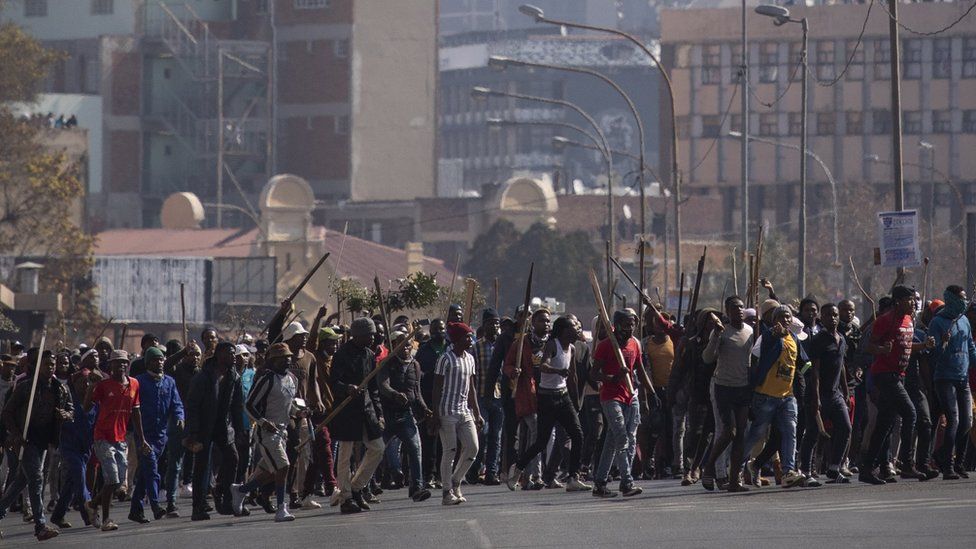
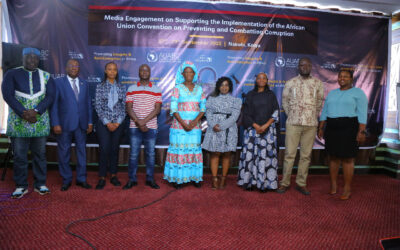

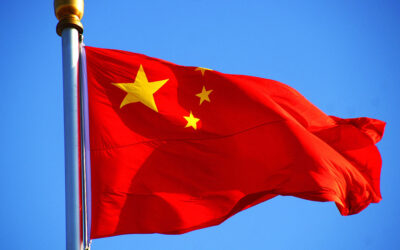

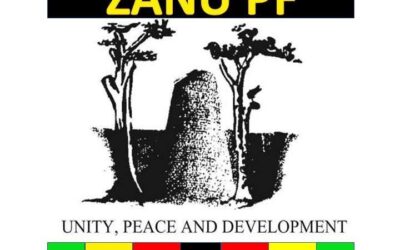
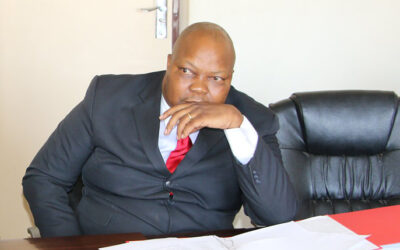
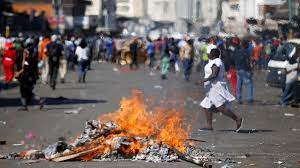
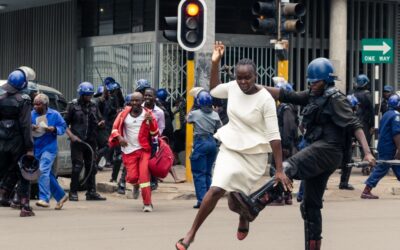
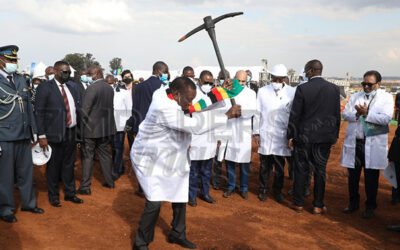
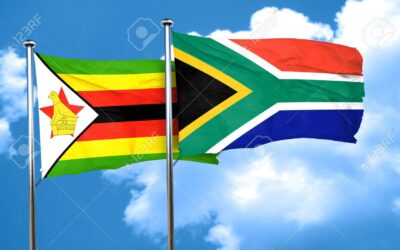
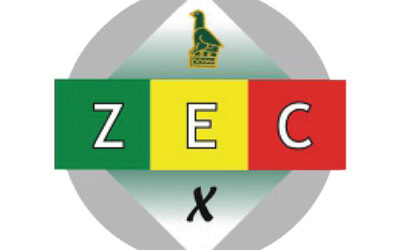
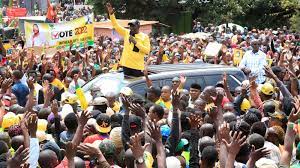
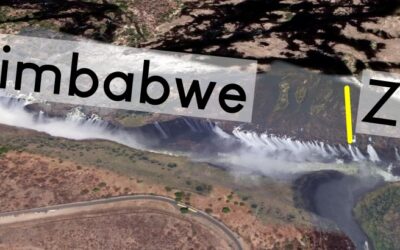
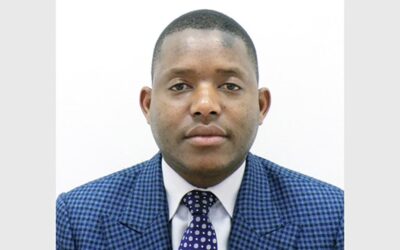
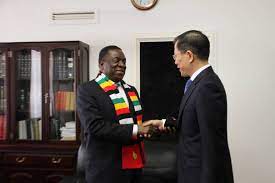
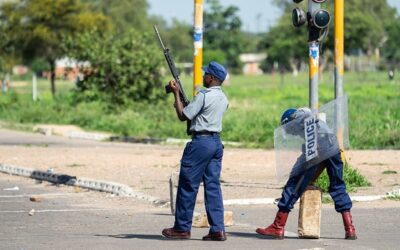
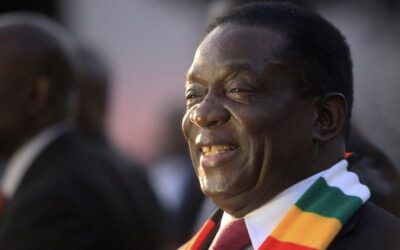
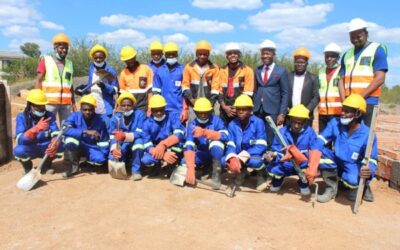
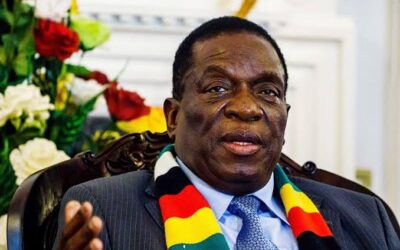
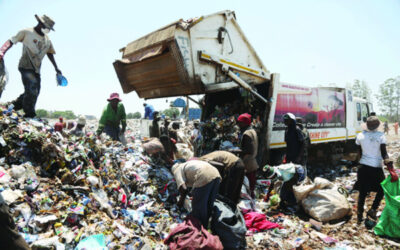
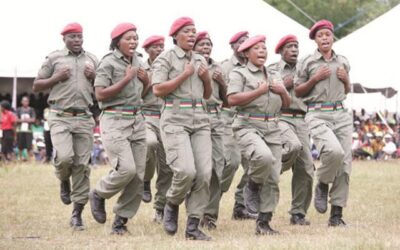
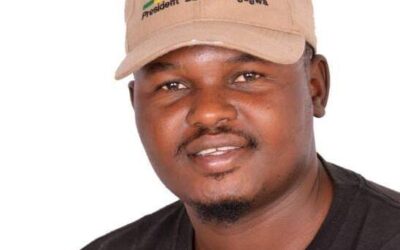

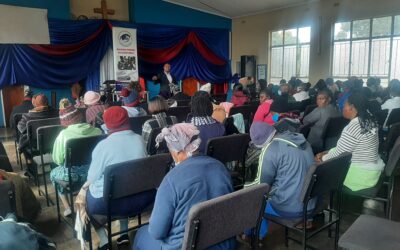
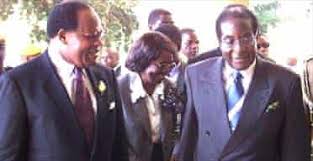

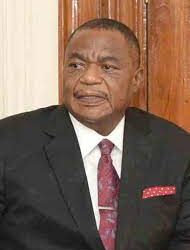
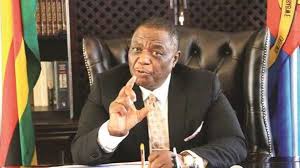

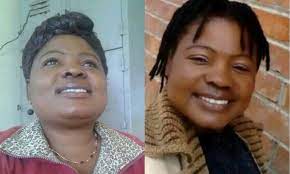
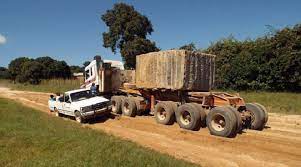
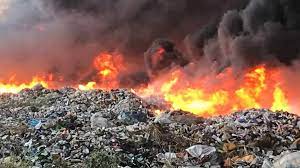




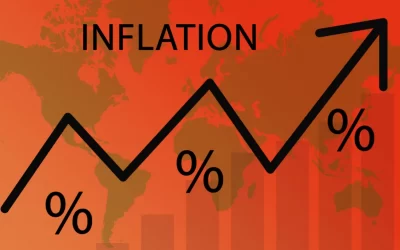
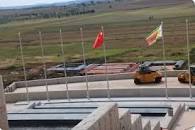
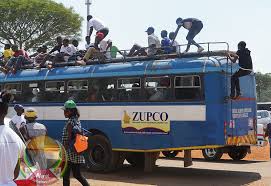
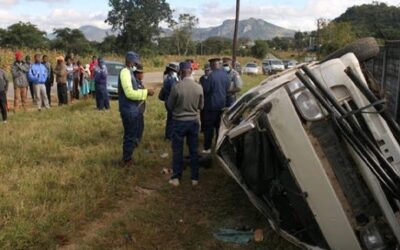
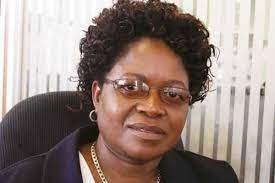
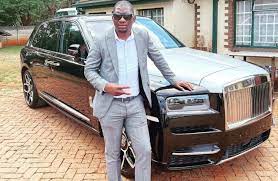
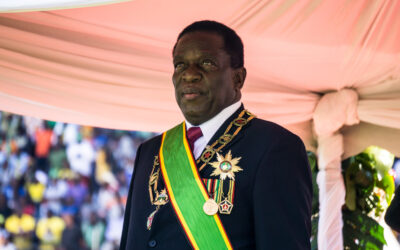
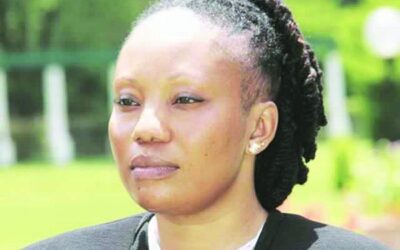
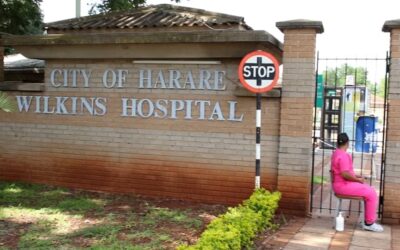

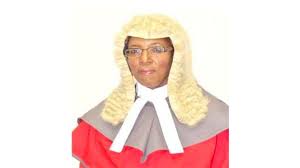

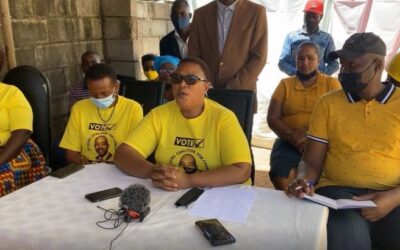
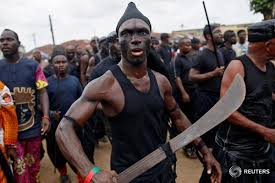
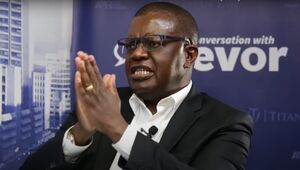

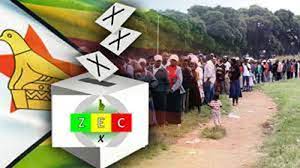
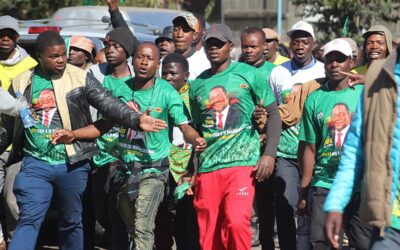

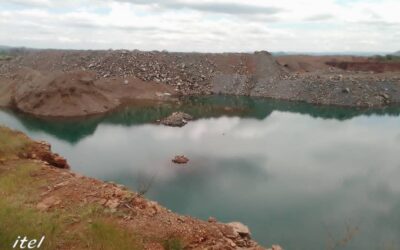
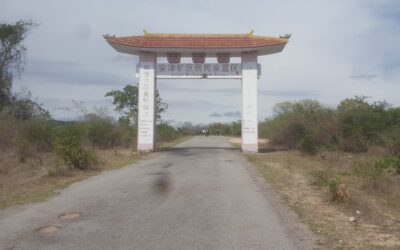
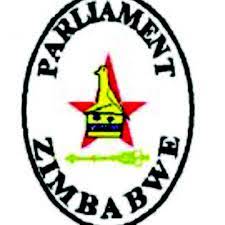
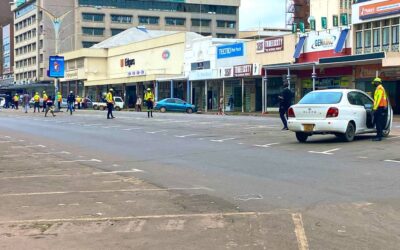
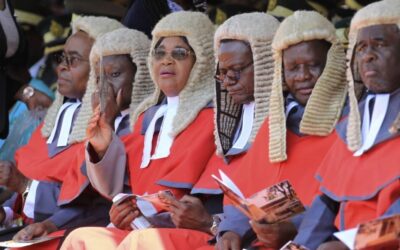

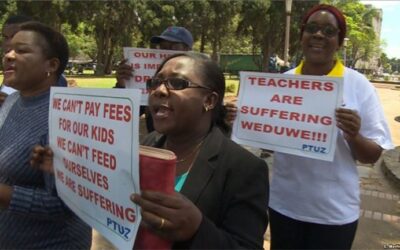
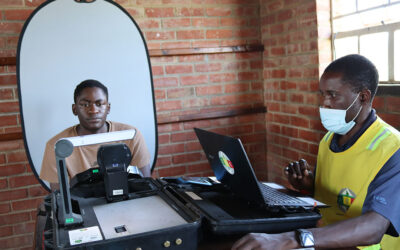
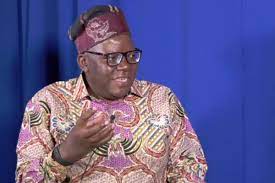
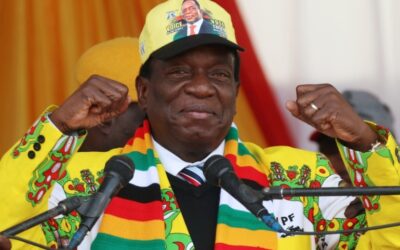
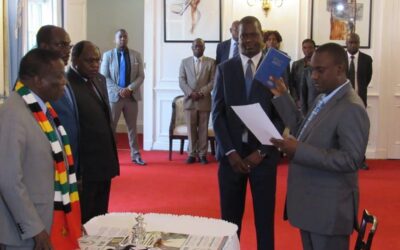

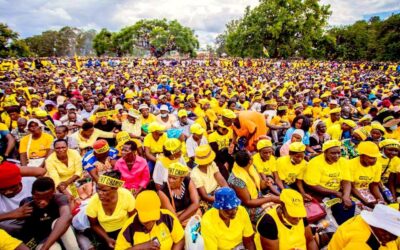
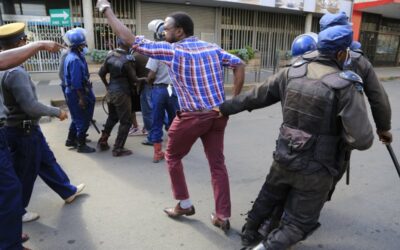
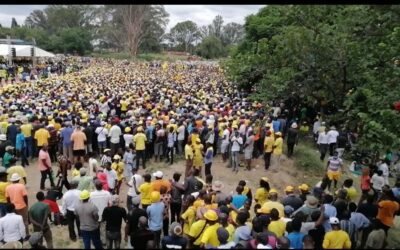
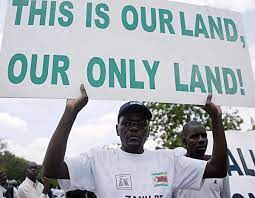
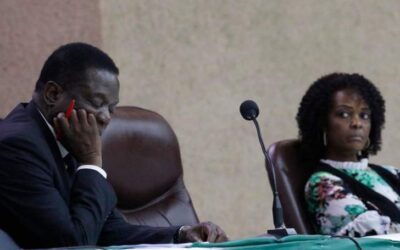
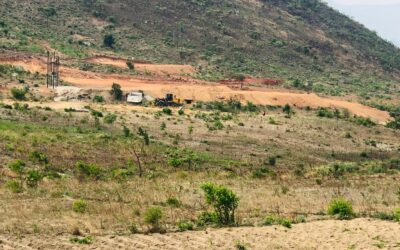
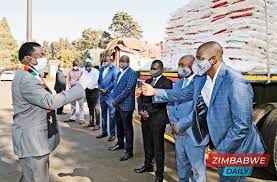

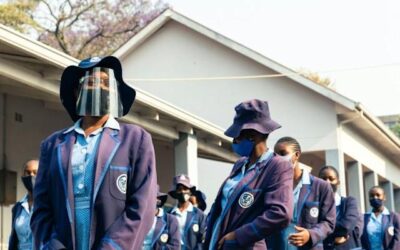

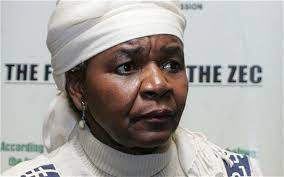
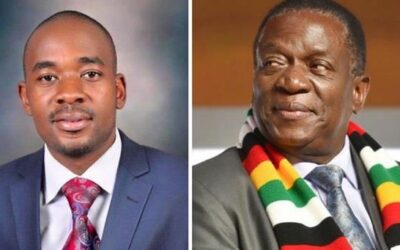
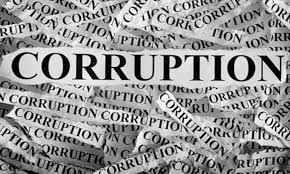
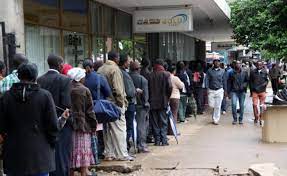
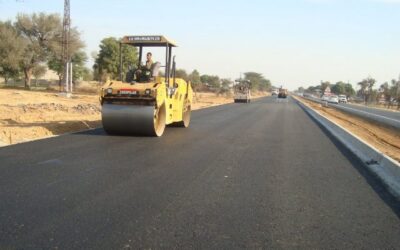




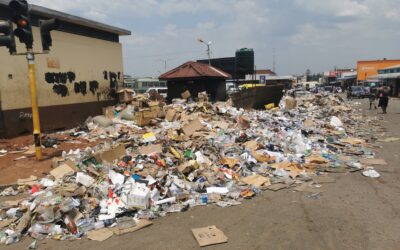
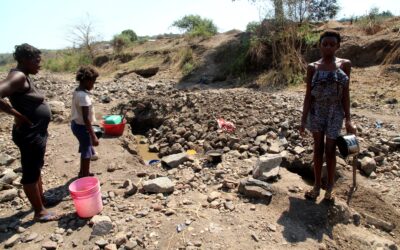
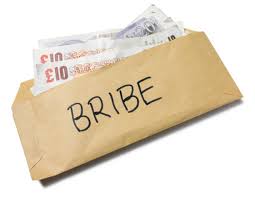




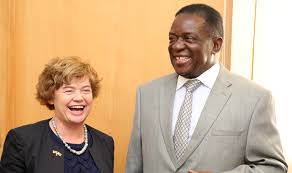
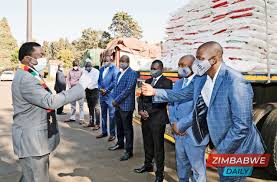
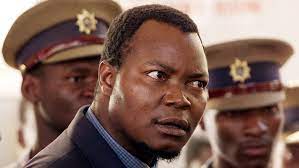

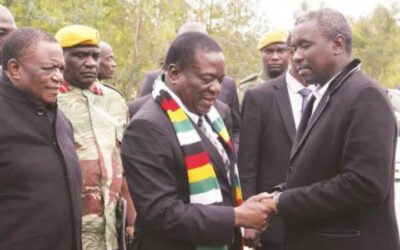
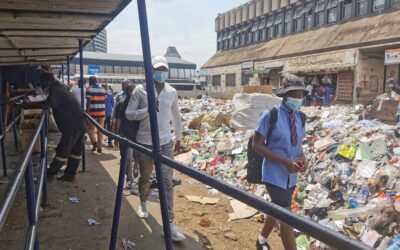
0 Comments